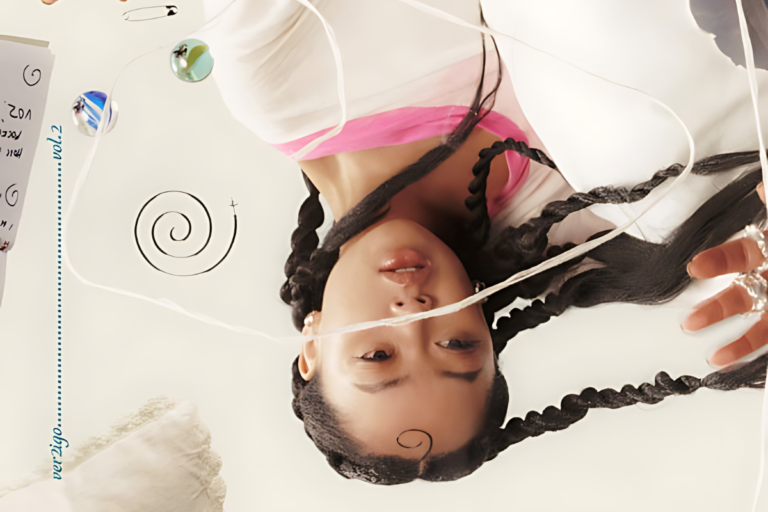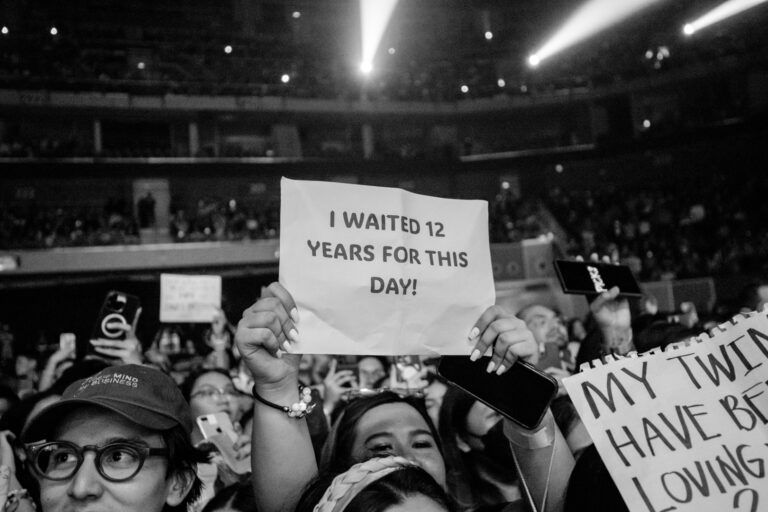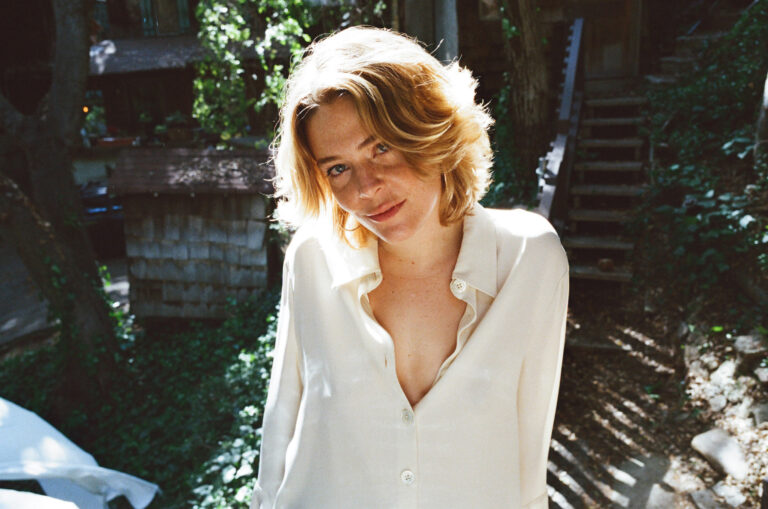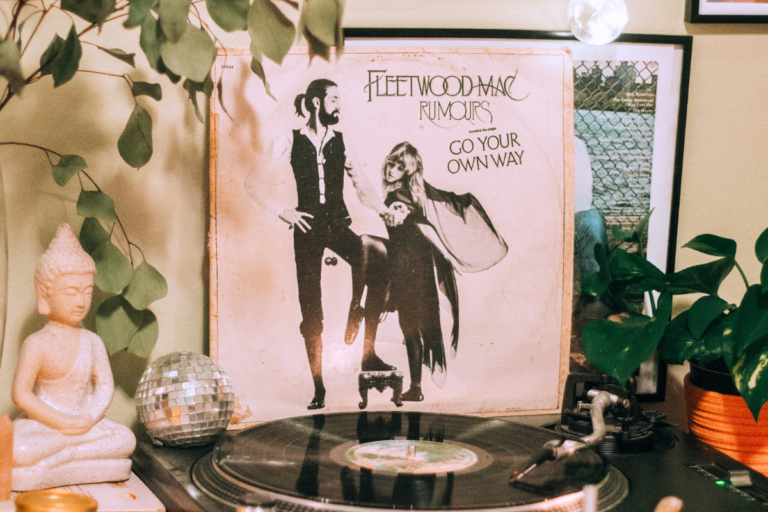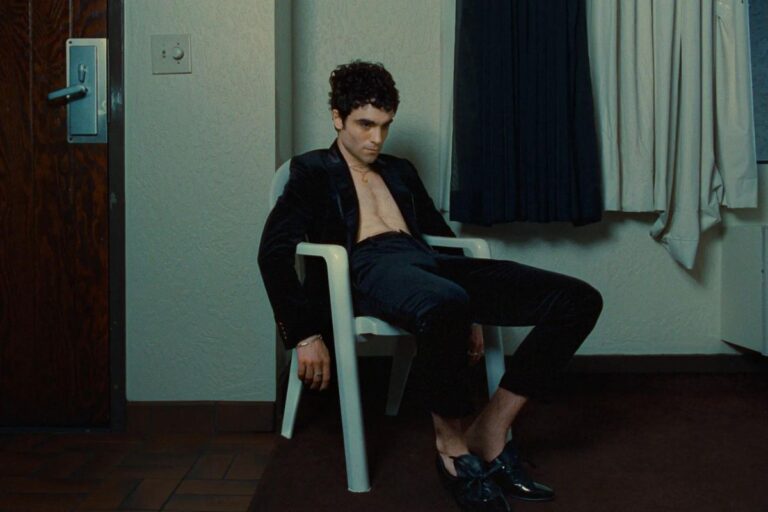Dua Lipa’s Radical Optimism is a Glittering Quest for Bliss Amidst Chaos

Dua Lipa is not only one of the hottest pop stars of the current musical landscape but a hit-making machine. A whole four years after her smash sophomore album Future Nostalgia, the anticipation for her third studio album has been intense, dramatic, and a bit chaotic. The rollout of sultry, clubby singles like Houdini and Training Season, coupled with a grungey, red-tinged aesthetic, had fans enthusiastic that this was the creative and sonic direction Lipa was pursuing for her upcoming release.
Radical Optimism, released May 3 via Warner Records, was rebranded as cool and refreshing, tapping into a tropical summer aesthetic. This duality and indecision are evident in the album; the songs bounce back and forth between the dark and the light, with some shining with summery, shimmering pop and others leaning into deeper, stormier dance tracks. Since Radical Optimism is meant to refer to “the idea of going through chaos gracefully and feeling like you can weather any storm,” Dua Lipa seems to be at both a personal and career crossroads, where she can’t decide if she wants to leave behind the glitz and glamour of disco-pop in exchange for the sunny bliss of Mediterranean-infused psychedelia-pop.
Despite the inescapably addictive hooks and general ear-candy of Radical Optimism, it unfortunately distinctly lacks a smash hit that has come to be synonymous with Dua Lipa’s music. Ultimately, Dua’s biggest enemy in deciding Radical Optimism’s impact on her career is her past achievements. With hits like Don’t Start Now, Levitating, Physical, Dance The Night, and New Rules under her belt, Dua has just been too consistently good to be releasing a collection of songs as impersonal and conventional as those on Radical Optimism.
The bookends of Radical Optimism, End of an Era and Happy for You capture the loose narrative of the album, with bright, airy production and parallel stories of falling in and out of love. The album opener, End of an Era, sees Dua as a hopeless romantic: “Another girl falls in love/Another girl leaves the club/I’ve lost all my senses” By the conclusion of the album, Happy for You, Dua is radiantly at peace, having blissfully moved on from her heartbreak, “I must’ve loved you more than I ever knew/I’m happy for you/And looking back now, I hope you see it/Even the hard parts were all for the best”.
The pre-released singles Houdini and Training Season are attention-grabbers, with confident, blunt, and unrestrained demands for a lover who can “prove you got the right to please me” and who “knows just how to take control”. Dua is a pop star with a resounding alto-range, which shines in Training Season as she sings “Are you on my team?/Or stuck on the sidelines waiting for someone to tell you to go?” These are among the sharpest, punchiest tracks on the album, but their more aggressive nature does make them feel disconnected from the theming of the rest of the project as a whole.
These Walls is a Britpop-influenced summery bop, deceptively light-hearted for the lyrical theme of the track, where Lipa is having an epiphany that “It’s not supposed to hurt this much/If these walls could talk/They’d tell us to break up.” Fresh, disco-inspired Whatcha Doing holds the two creative aesthetics of the album together, with twinkling production, synthy pianos, and a sensational bassline. Dua dramatically throws caution into the wind with confidence as she sings, “You’re in my head and now you’re/Clouding my decisions/Got me heading for collision/Whatcha doing to me, baby?” Pre-released Illusion is easy-flowing dance-pop made for the summer radio waves, marking her continuing transition from one personal and sonic chapter to the next. Here Dua takes her “rose-colored glasses off” and whittles her lover down to “red flag” as she proclaims, “I just want to dance with the illusion.” But she’s a little reckless and completely impassive with her feelings as she states, “I still like dancing with the lessons I learned.”
If Dua is going to get another hit out of Radical Optimism, the thundering dance track Falling Forever will be it. Her incredible vocal range finally has its opportunity to stretch to its full lengths and she’s lyrically the most radically optimistic as she is across the full album, calling out “How long/Can it just keep getting better?/Can we keep falling forever?”
Held together by the mess of metamorphosis, irresistible pop production, and one of the distinctive and dynamic voices in pop, Dua Lipa’s lighthearted search for bliss amid chaos marks another solid entry to her discography, even if it’s not up to her usual standard. Radical Optimism is a carefree, glimmering pop record undoubtedly headed for commercial success, particularly as it sizzles and shines in the heat of summer pop.



